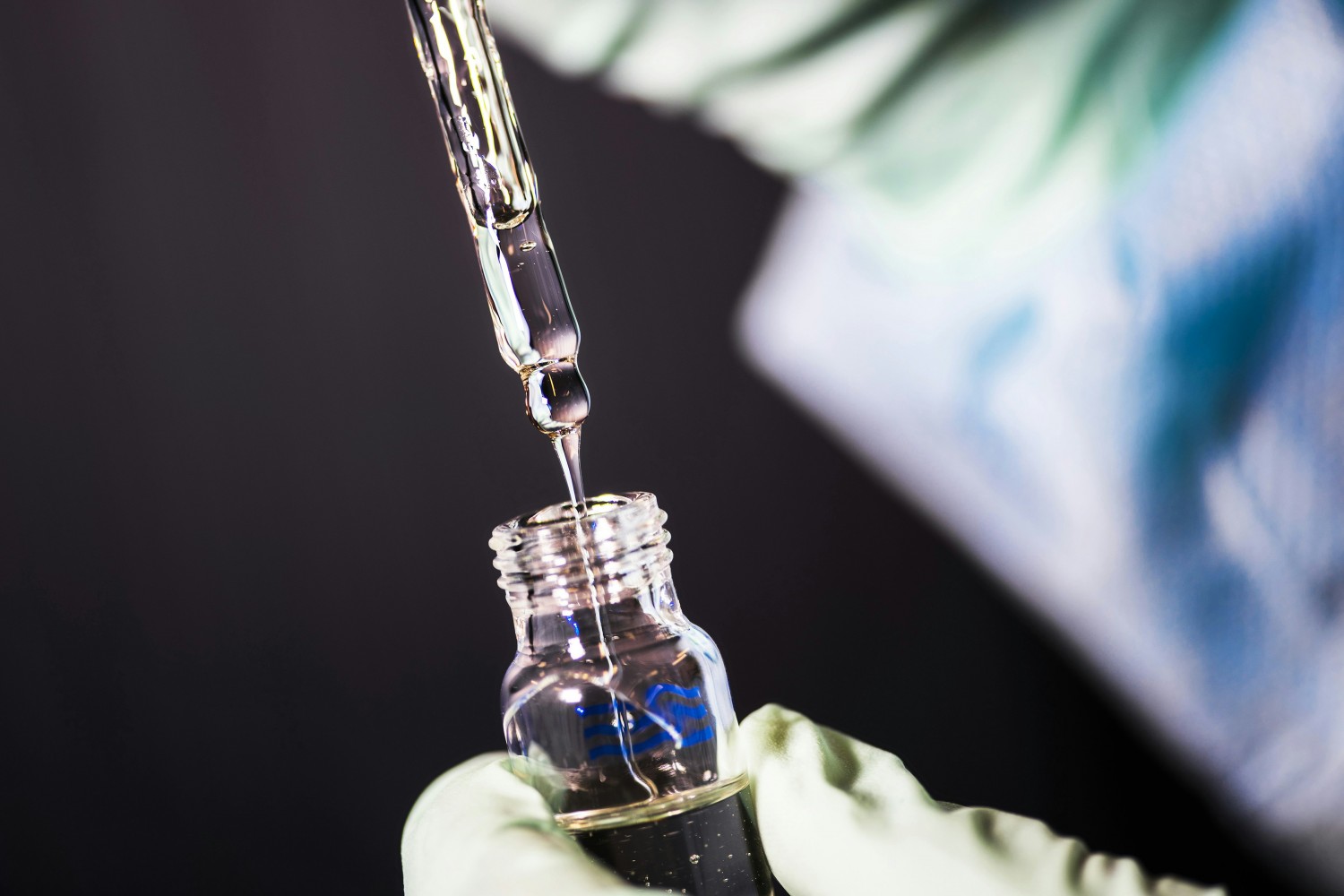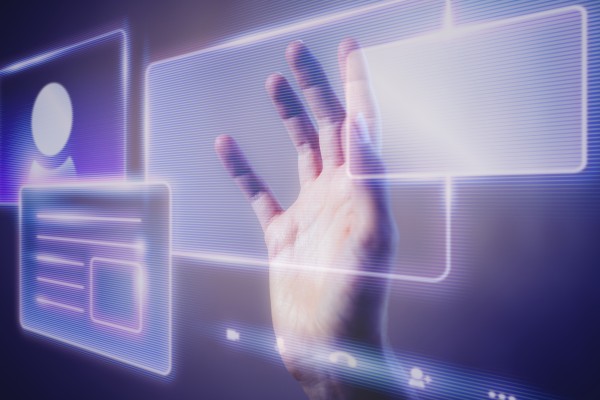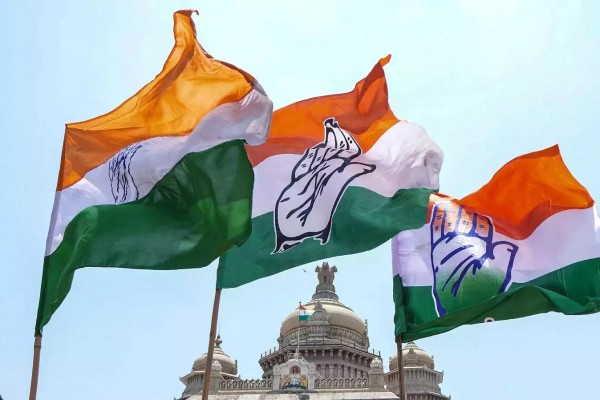The market of biological drugs and their analogs is one of the most promising in the pharmaceutical industry. Now the BRICS countries have great opportunities for the development of this segment. The International BRICS Competition Law and Policy Centre of the HSE University in cooperation with the Institute of Chemical Technology (ICT) in Mumbai held a meeting of the BRICS Working Group for the Research of Competition Issues in Pharmaceutical Markets.
The event was held as part of BioPharma track of ChemTECH World Expo 2024, one of the largest industry exhibitions in Asia. The discussion was organized with the participation of FAS Russia, which co-chairs the Working Group along with the State Administration for Market Regulation of the People's Republic of China (SAMR).
The Mumbai meeting followed up on the discussion that began last December in Skolkovo. At that time, it was decided to conduct a comparative analysis of the rules for bringing biotech drugs to the BRICS market.
This time, scientists, regulators and pharmaceutical business representatives from BRICS countries gathered to discuss ways to improve access to biologics and biosimilars in the BRICS countries.
Biologicals are a class of medical products derived from living cells (blood, plasma, etc.) using biotechnology. Today, this is the most promising and fastest growing segment of pharmaceuticals. However, their price is enormous due to the high technological complexity of production, high research and development costs. These are the most expensive drugs in the history of mankind: one dose can cost 3.5 million dollars. Such a price is out of reach for most patients. Therefore, regulators — both in the US and the EU, as well as in the BRICS countries — aim to bring generics of biologic drugs — so-called biosimilars — to the market and increase their availability. Most often, such a measure leads to a multiple reduction in the cost and a multiple increase in the availability of innovative biologics.
The event was opened by Suresh Prabhu, Founding Chancellor, Rishihood University, an Indian politician and public figure who previously headed the Indian Ministries of Civil Aviation, Railways, Commerce and Industry. Earlier he noted that the global biosimilars market will exceed $60 billion by 2030 and India has a good chance to have at least 10% share in it. At the same time, he emphasized the importance of the cooperation process in the biosimilars niche in the BRICS space and noted the significance of the BRICS Centre's initiative in this discussion.
"BRICS countries have sufficient potential to combine their manufacturing and R&D capabilities to provide access to biosimilars for patients both within and outside the BRICS countries. The biosimilars market is growing and can compete effectively with incumbent biologic drug manufacturers,"
believes Samir Kulkarni, co-moderator of the panel discussion and Professor at the Institute of Chemical Technology, Mumbai.
Alexey Ivanov, Director of the BRICS Centre and co-moderator of the event, spoke about the research project that the Centre is implementing together with partners from India and other BRICS countries:
"It is designed to develop ways to bring the regulatory framework in the BRICS countries closer together to facilitate market access for biosimilars and to assess the potential for creating a BRICS institutional platform that will facilitate joint research, development and production of biologics. A questionnaire for pharmaceutical businesses was presented at the Working Group: the results of the survey will form the basis for the empirical part of the study".
Timofey Nizhegorodtsev, Deputy Head of the Federal Antimonopoly Service of Russia, noted that as of today 159 biotechnological drugs are registered on the Russian market. At the same time, biosimilars are registered for 38 international nonproprietary names, 30 of which are produced in our country. Thus, Russia today is one of the pioneers of the biosimilars market in the world.
"It is necessary to change regulatory approaches in the sphere of development of biosimilars. It is obvious that overloaded regulatory procedures complicate and seriously increase the cost of production of biotech drugs and hinder the timely entry of these drugs into the market. We need to optimize regulatory procedures, but it is important to ensure consumer confidence in the quality, efficacy and safety of products,"
he stressed.
Already now the introduction of biosimilars to the market shows a multiple reduction in price. For example, the price of the original drug Lenalidomide is 9157 rubles (about $100), while a generic from Indian Hetero Labs costs only 350 rubles ($3.8).
It is important to find a balanced approach to price formation so that companies do not lose the incentive to engage in research and development, added Timofey Nizhegorodtsev.
"If we lower regulatory barriers for biosimilars to enter the market, we must realize that we will face counter criticism from international pharmaceutical holdings. Already now these companies are spreading rumors that drugs from BRICS countries are of poor quality, so it is necessary, while reducing barriers, to increase confidence in regulatory procedures,"
emphasized the deputy head of the FAS.
Sergey Glagolev, Deputy Minister of Health of Russia, is sure that our country needs more programs to develop biosimilars that meet the needs of Russians, such as oncology drugs and orphan drugs.
"We should explore the possibilities of localizing the production of biosimilars in countries with similar problems, which will allow us to share experience. I am very supportive of the overall work that can involve EAEU regulators as well in improving the guidelines for the regulation of biosimilars, which will allow more reliance on preclinical and early clinical data and balance development time along with guarantees of its safety,"
he explained.
Liang Huide, Director of the First Department of Antimonopoly Regulation, State Administration for Market Regulation of the People's Republic of China (SAMR), described the measures SAMR is taking to protect competition in the pharmaceutical market and create a fair market environment for the innovative development of biosimilars.
In 2018, the biosimilars market size in China was about RMB 1.6 billion. It is expected to reach RMB 52.2 billion by 2028. In recent years, SAMR has continuously strengthened the regulation of pharmaceutical patents in an effort to ensure fair competition in the market and safeguard people's interests. According to Liang Huide, guidelines for regulating the biosimilars market were developed late last year, which are already showing high efficiency.
In the biotechnology market in the USA and Europe, financial problems arose after the economic crisis, said Andrey Ivaschenko, Head of Board of Directors, Chemrar Group of Companies. Due to insufficient funding, many projects where new molecules are at the preclinical stage of testing have been suspended.
"This is a good chance for companies from BRICS countries that want to pursue their own innovative molecules,"
he emphasized.
The discussion was also attended by Prof. Aniruddha Pandit, Vice Chancellor, Institute of Chemical Technology; Roman Ivanov, Vice Rector, Sirius University of Science and Technology; Ujjwal Kumar, Associate Director & Deputy Head, CUTS International; Dr. Vishal Warke, Director, Himedia Laboratories; Mrudula Bele, Associate Professor, MVP Samaj's College Of Pharmacy; and Vitor Ido, Programme Officer, Health, Intellectual Property and Biodiversity Programme, South Centre.
Source: HSE University




